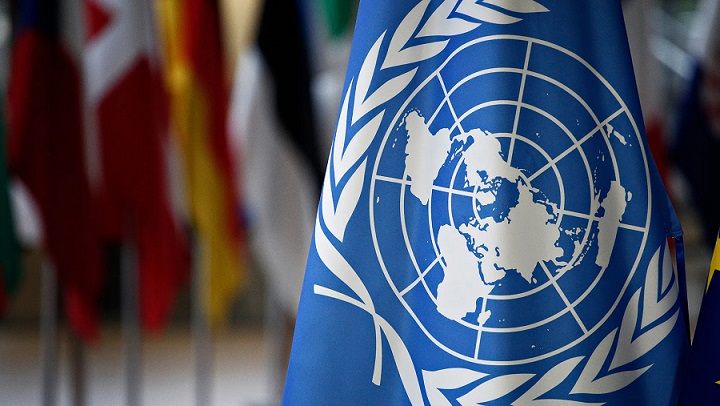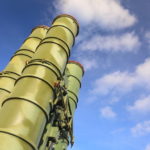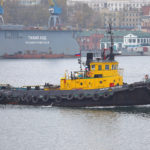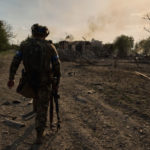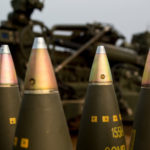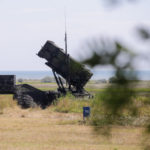The UN Commission investigating violations in Ukraine has uncovered new evidence of torture of Ukrainian prisoners of war in Russian detention facilities. These tortures are systematic, apparently encouraged from above, and constitute a war crime.
This is stated in a new report of the commission published on Friday.
The new report focuses on the torture of Ukrainian prisoners of war, particularly describing cases of appalling treatment in several places of detention in Russia. “The testimonies of the victims demonstrate the cruelty and brutality of this treatment, which inflicted severe pain and suffering on the victims during prolonged detention. All of this was done with blatant disregard for human dignity and caused long-lasting physical and psychological trauma,” the report says.
In particular, the report refers to the account of one Ukrainian prisoner of war who was subjected to torture by the Russian authorities in several places of detention. He described his experiences in a correctional colony in the town of Donskoy in the Tula region of the Russian Federation, where he was repeatedly tortured and left incapacitated with broken bones, missing teeth, and gangrene on his injured leg.
The prisoner said he “lost all hope and will to live” and attempted to take his own life, but the perpetrators prevented him and subjected him to further beatings. After being released from captivity, the serviceman was hospitalized 36 times.
The Commission reports that in most institutions, prisoners of war were subjected to a harsh “reception” procedure involving beatings and electric shocks. Torture occurred during interrogations when prisoners were questioned about the Ukrainian armed forces and their military units.
According to the prisoners, particularly cruel treatment was applied to soldiers captured in Mariupol or from western Ukraine, those who did not speak Russian, and during periods when Russian armed forces lost control of areas in Ukraine.
Methods of torture periodically used included severe and repeated beatings with various instruments on different parts of the body.
The report also details cases of sexual torture. Former male prisoners reported threats of rape, unwanted touching during invasive personal searches, and torture of genitals.
The report emphasizes that conditions in several investigated places of detention were inhumane or degrading. Victims were mostly denied medical assistance or provided it inadequately.
“Victims reported terrible suffering from hunger, which led them to eat worms, soap, paper, and dog food, resulting in a sharp weight loss. In some places of detention, access to showers and toilets was restricted, and in others, only a hole in the floor served as a toilet,” the report says.
Former prisoners of war reported difficulties breathing, sleeping, walking, broken bones, knocked-out teeth, bleeding, swelling, infections or gangrene of limbs, poor vision, and injuries to internal organs as a result of torture.
According to the report, interviews with Russian prisoners of war, including individuals who claimed to be former special forces of the Russian Federal Penitentiary Service, confirmed that such treatment of prisoners of war was likely encouraged from above or at least allowed with an obvious sense of impunity.
In particular, one general of the penitentiary service ordered his subordinates to “work harshly and spare no effort” on prisoners. According to him, due to the hierarchical nature of the penitentiary service, such treatment could only occur with the permission of the command.
In its report, the Commission concludes that torture by the Russian authorities of both civilians and prisoners of war is systematic and constitutes a war crime. “Recently analyzed information indicates the hierarchical nature of the services involved in torture, the awareness of the leadership, and the prevailing sense of impunity,” the report says.
Photo: open sources
